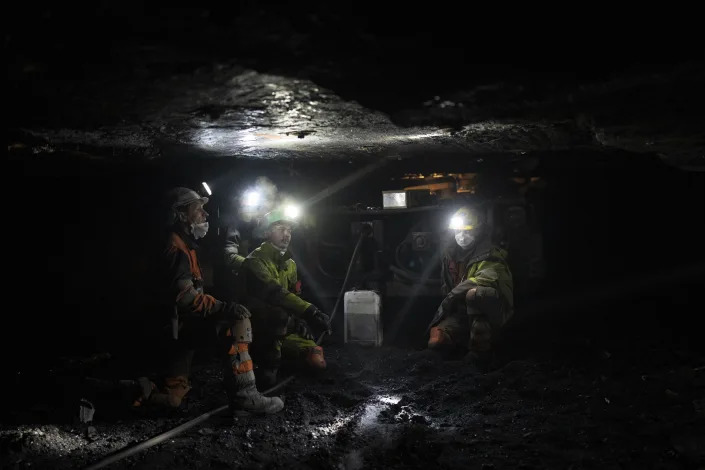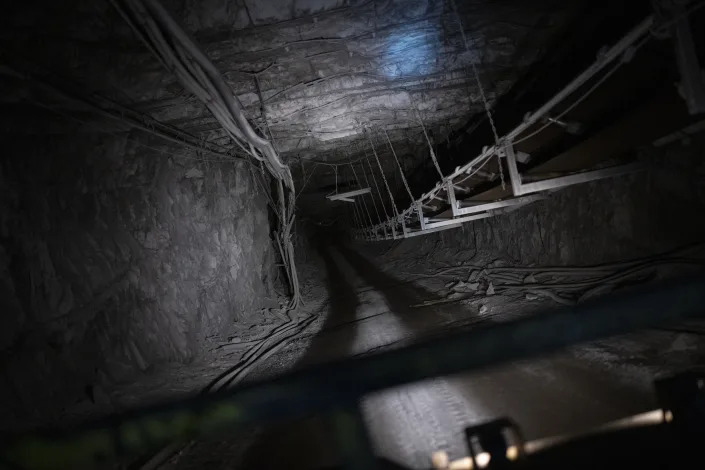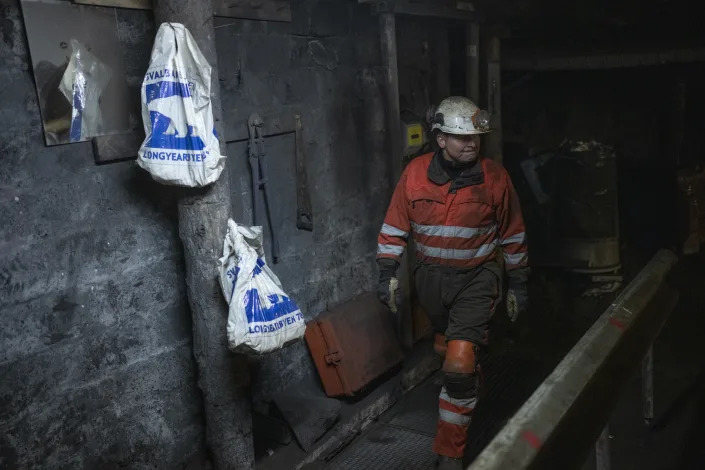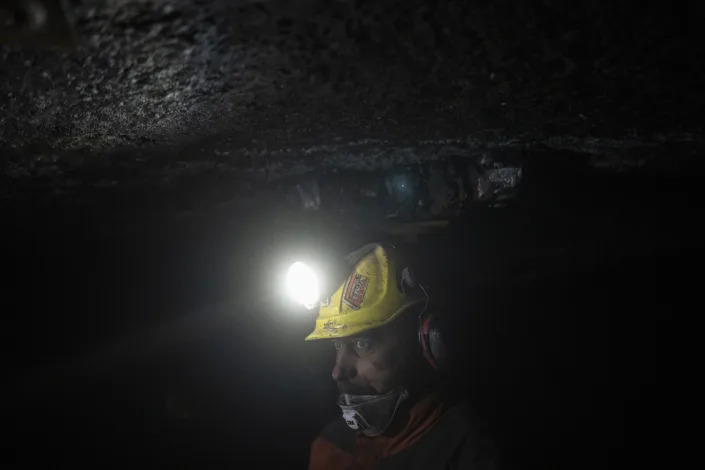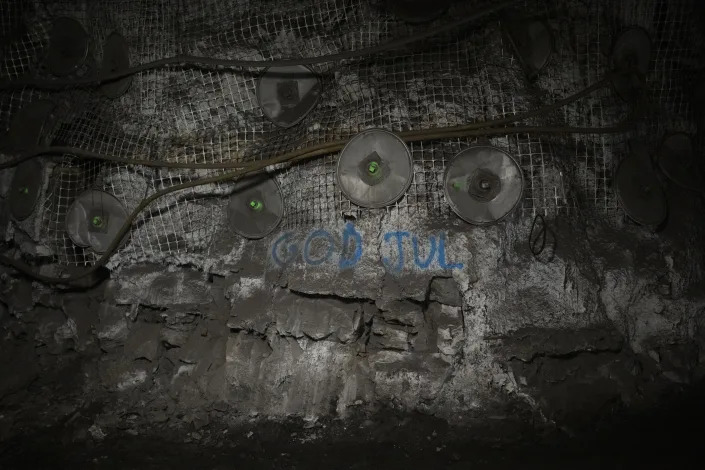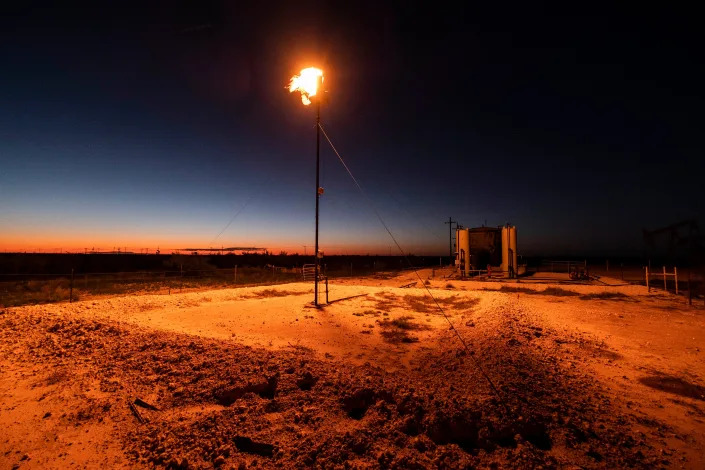SAME OLD SAME OLD
Taliban warn women can't take entry exams at universities

This photo provided by Taliban Higher Education Ministry, UN officials meet with Taliban Higher Education Minister in Kabul, Afghanistan on Saturday, Jan. 7, 2023. The U.N. envoy met with the Taliban-led Afghan government’s higher education minister to discuss the ban on women attending universities.(Taliban Higher Education Ministry via AP)
RIAZAT BUTT
Sat, January 28, 2023
ISLAMABAD (AP) — The Taliban on Saturday doubled down on their ban on women's education, reinforcing in a message to private universities that Afghan women are barred from taking university entry exams, according to a spokesman.
The note comes despite weeks of condemnation and lobbying by the international community for a reversal on measures restricting women's freedoms, including two back-to-back visits this month by several senior U.N. officials. It also bodes ill for hopes that the Taliban could take steps to reverse their edicts anytime soon.
The Taliban barred women from private and public universities last month. The higher education minister in the Taliban-run government, Nida Mohammed Nadim, has maintained that the ban is necessary to prevent the mixing of genders in universities — and because he believes some subjects being taught violate Islamic principles.
Work was underway to fix these issues and universities would reopen for women once they were resolved, he had said in a TV interview.
The Taliban have made similar promises about middle school and high school access for girls, saying classes would resume for them once “technical issues” around uniforms and transport were sorted out. But girls remain shut out of classrooms beyond sixth grade.
Higher Education Ministry spokesman Ziaullah Hashmi said Saturday that a letter reminding private universities not to allow women to take entrance exams was sent out. He gave no further details.
A copy of the letter, shared with The Associated Press, warned that women could not take the “entry test for bachelor, master and doctorate levels" and that if any university disobeys the edict, “legal action will be taken against the violator.”
The letter was signed by Mohammad Salim Afghan, the government official overseeing student affairs at private universities.
Entrance exams start on Sunday in some provinces while elsewhere in Afghanistan, they begin Feb. 27. Universities across Afghanistan follow a different term timetable, due to seasonal differences.
Mohammed Karim Nasari, spokesman for the private universities union, said the institutions were worried and sad about this latest development.
“The one hope we had was that there might be some progress. But unfortunately, after the letter, there is no sign of progress,” he told the AP. “The entire sector is suffering.”
He expressed fears that if education did not restart for girls, then nobody would take entrance exams because student numbers would be so low.
Also, Nasari said private universities want the authorities to waive land taxes for universities built on government property, and waive taxes on universities in general, because they are suffering huge financial losses.
Afghanistan has 140 private universities across 24 provinces, with around 200,000 students. Out of those, some 60,000 to 70,000 are women. The universities employ about 25,000 people.
Earlier this week, U.N. humanitarian chief Martin Griffiths and leaders of two major international aid organizations visited Afghanistan, following last week’s visit by a delegation led by the U.N.’s highest-ranking woman, U.N. Deputy Secretary-General Amina Mohammed. The visits had the same aim — to try and reverse the Taliban’s crackdown on women and girls, including their ban on Afghan women working for national and global humanitarian organizations.


